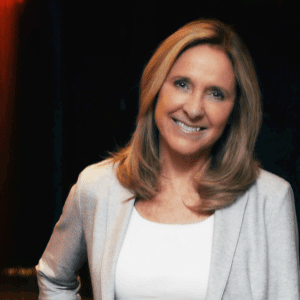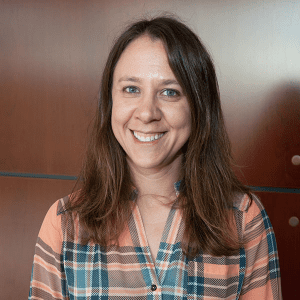Sign up for weekly new releases, exclusive access to live debates, and Open to Debate’s educational newsletters.
- Debates
Features
Topics
Upcoming debates
-
-
-
Stoic philosophers like Epictetus and Marcus Aurelius taught that clarity of thought and emotional detachment are the keys to self-mastery, leading to a life of virtue, tranquility, and wisdom. One person who has applied these principles to his life and work as an investor, philanthropist, and public intellectual is Robert Rosenkranz, chairman of Delphi Capital Management and founder of Open to Debate. From modest beginnings to a distinguished career in business and ideas, Rosenkranz has used their wisdom to navigate challenges, innovations, and key relationships. In this conversation, host John Donvan speaks with Rosenkranz about his new book, "The Stoic Capitalist: Advice for the Exceptionally Ambitious," how ancient philosophy shaped pivotal moments in his life, why he launched Open to Debate, and how disciplined thinking and purposeful action can unlock enduring and wide-ranging accomplishment and serve as a guide for anyone seeking success and a life well lived.Friday, May 2, 2025
-
- Insights
- About
-

SUPPORT OPEN-MINDED DEBATE
Help us bring debate to communities and classrooms across the nation.
Donate
- Header Bottom



















JOIN THE CONVERSATION